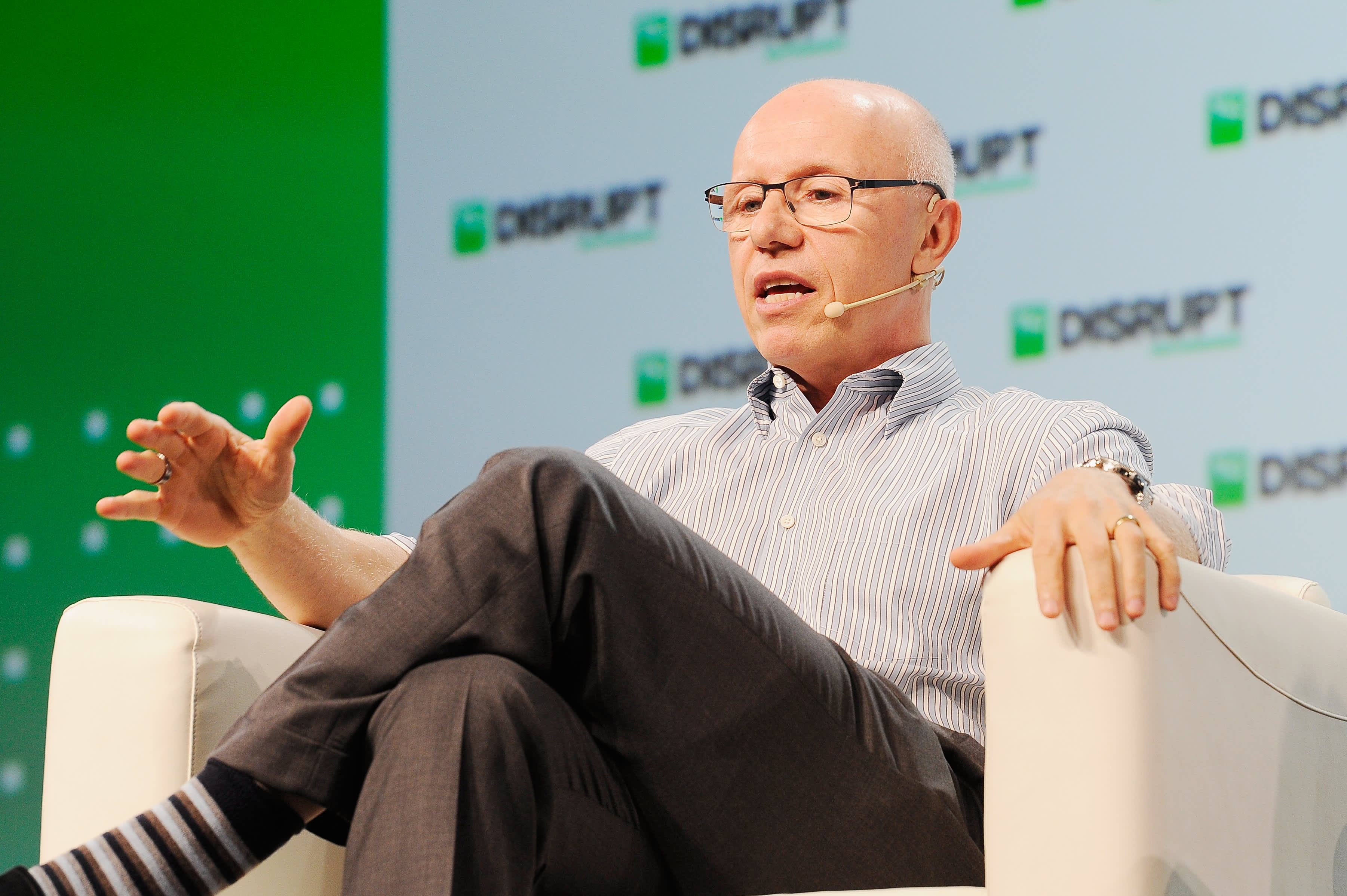Chan Zuckerberg Initiative is building an expensive new AI GPU cluster for medical research
Photo by Lane Turner / The Boston Globe via Getty ImagesMark Zuckerberg and Priscilla Chan’s foundation is funding the construction of a massive computing system for medical research. It’ll be made up of more than 1,000 GPUs. And these...
/cdn.vox-cdn.com/uploads/chorus_asset/file/24934385/1243449138.jpg)
Mark Zuckerberg and Priscilla Chan’s foundation is funding the construction of a massive computing system for medical research. It’ll be made up of more than 1,000 GPUs. And these aren’t just any graphics card — they’re top-of-the-line H100 GPUs that are highly sought after for AI-focused servers.
The Chan Zuckerberg Initiative (CZI) is making really bold claims about what it hopes this computing system will be able to do. A press release claims the computing system “will lead to groundbreaking new discoveries that could help cure, prevent, or manage all diseases by the end of this century.”
The aim is to give researchers access to generative AI to study healthy and diseased cells. Using predictive models of human cells can help researchers better understand how the body responds to diseases or new medicines. It’s like running a “virtual cell” through different simulations to see what might happen, as CZI co-founders Chan and her husband Zuckerberg put it in an essay in MIT Technology Review.
“AI models could predict how an immune cell responds to an infection, what happens at the cellular level when a child is born with a rare disease, or even how a patient’s body will respond to a new medication.”
“AI models could predict how an immune cell responds to an infection, what happens at the cellular level when a child is born with a rare disease, or even how a patient’s body will respond to a new medication,” Chan says in the press release.
The thing is, these tools can be so expensive that they’re out of reach for many scientists. That’s what CZI wants to change. The new GPU cluster is expected to power “openly available” models of human cells in order to speed up medical research and encourage scientists to work collaboratively, CZI says.
To develop new AI models, the CZI-funded computing system will be trained on existing datasets. That includes data from a Chan Zuckerberg software tool that has already cataloged some 50 million unique cells.
Once completed, the new computing system is expected to be one of the biggest AI clusters used for nonprofit research. But it still won’t be as big as similar systems used to develop commercial products in the private sector, according to the MIT Technology Review essay.
CZI’s Biohub Network will purchase the GPUs. The “biohubs” bring together different tech and science institutions “with the goal of pursuing grand scientific challenges on a 10- to 15-year time horizon,” according to the network. A team at the San Francisco biohub is tasked with setting up the new computing system.

 Astrong
Astrong 































